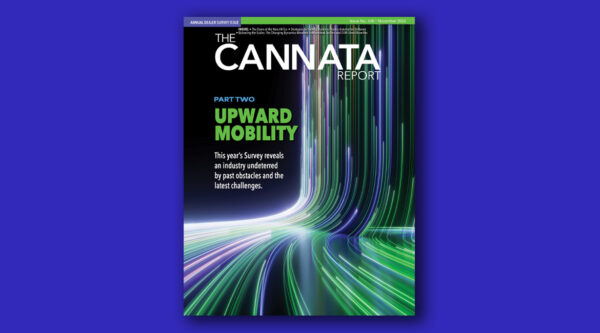Former White House liaison and staffing agency owner Matt Becker is advising employers to prepare their businesses for the return of a recently retired workforce — the Boomer generation.
With inflation rates at a 40-year high, retirees with fixed retirement and pension payments have no choice but to return to the workforce. According to Becker, this can help alleviate labor shortages in the region, but only if employers can adapt to meet the needs of retirees seeking employment.
“What many retirees are facing is a significant spike in cost of living but their retirement payments are staying the same,” said Becker, who formerly served as deputy chief of staff and White House liaison to the U.S. Small Business Administration (SBA). “Millions of retired Americans are eating into their savings and have no choice but to return to work, which means with additional experienced employees coming back to the workforce, businesses now have a better opportunity to strengthen their businesses and meet the needs they have today.”
In March, an estimated 1.5 million workers who retired in 2021 have returned to work, according to an economic research report from Indeed Hiring Lab.
According to Becker, who also owns a franchise of the national staffing agency Pridestaff, companies can implement certain benefits and perks that are attractive to this particular demographic, such as gas stipends, hybrid work schedules and an increase in paid time off so former retirees can have time to accomplish goals they set during retirement.
“What is going to attract these recent retirees are companies who understand the predicament they’re in as they forego the life of leisure they’ve worked this long for,” explained Becker. “Affording these particular employees a means to reduce the cost of essentials, such as gas or grocery cards, provides a direct alleviation of the problems they face the most. Giving them more PTO affords this demographic the ability to still fulfill the plans they made when they entered retirement.”
Just as employees are feeling the effects of inflation, so are employers, with many unable to raise salaries to compete with similar job offers. With nearly 68 percent of the workers who retired during the pandemic now consider coming back to work, and an estimated 94 percent of those who left the workforce but never technically retired willing to do the same, according to a CNBC survey, the right perks or benefits can draw the interest of many retirees looking to transition back to the workforce.
Access Related Content




